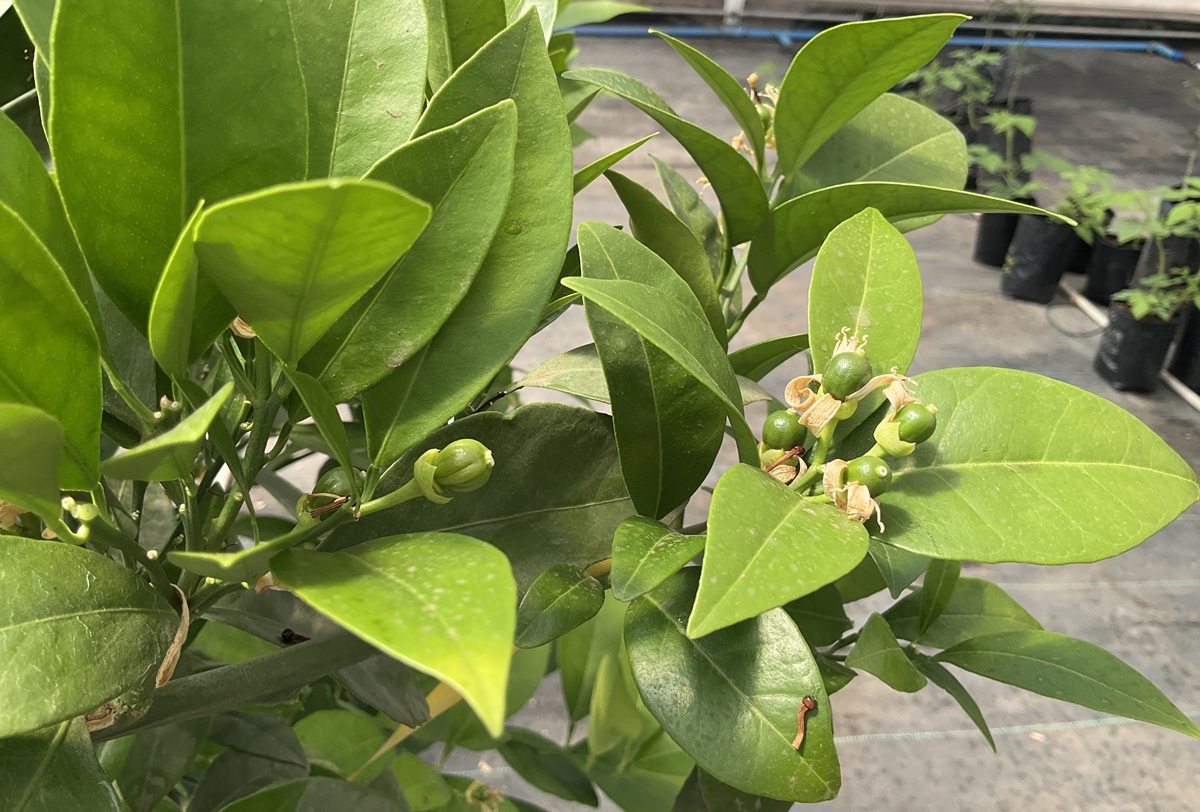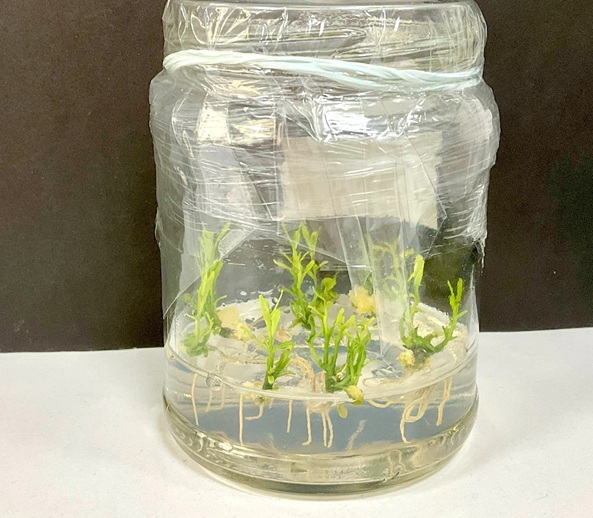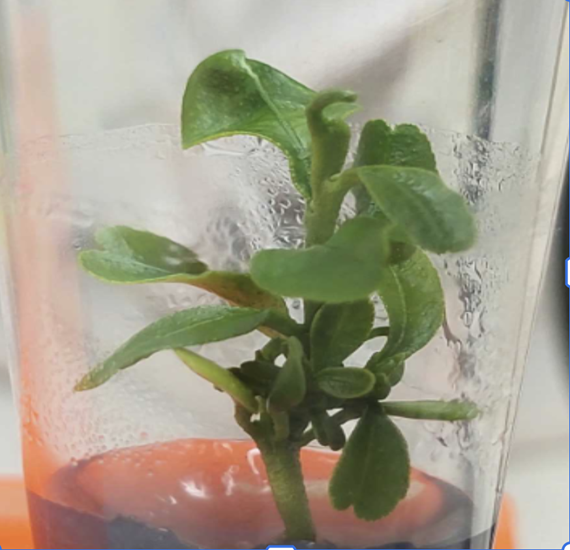Founded in 2020 by Chilean biochemist Bernardo Pollak, Meristem is using precise gene editing techniques to develop local citrus varieties that are more productive, climate-resistant, and better aligned with modern consumer preferences.
“We want to develop our own genetic varieties in Chile, leading new breeding technologies,” explains Pollak. “We want to develop fruit adapted to climate change, more convenient for the consumer, and more profitable for the producer.”
A seedless, red mandarin with antioxidants
Meristem is developing a W. Murcott mandarin variety that is seedless, has an intense red pulp, is rich in anthocyanins (antioxidant-rich pigments), and has the ideal organoleptic characteristics for the fresh consumption market.
Pigmented mandarines have high potential as “superfoods,” responding to the growing global demand for healthy and functional foods. Thanks to their accelerated growth technology,
Meristem expects to validate the first fruits of this development within two years and anticipates the variety will hit the shelves by 2030.
Chilean technology with a global impact
Despite being in its initial stages, the development of Meristem’s red tangarine has generated great interest in the industry. The biotech company partnered with Garces Fruit, one of the largest fresh fruit exporters in Chile. The alliance has been key to advancing innovation rapidly and with a strategic vision.
“Garces Fruit has always bet on innovation,” explains Pablo Garcés, Business Manager at Meristem. “When Bernardo presented this proposal, they saw a great opportunity in having genetics respond to market demand, allowing Chile to differentiate itself as a producing country.”
Researchers from around the world can apply Meristem’s citrus gene editing technology to varieties developed through international programs. This opens the possibility of importing high-value germplasm and improving on that genetic base in conjunction with the developers.
A vision of the future for the fruit industry
Meristem’s mission is not limited to developing novel fruits. The company focuses on creating comprehensive agricultural solutions based on three pillars: environmental sustainability, agronomic productivity, and consumer preference.
“In Chile, we have to stop being just commodity exporters and start competing in genetic innovation. If we don’t develop genetics, we will always depend on what other countries produce. We want to position Chile as a global player in fruit innovation,” emphasized Pollak.
Currently, Meristem is in discussions with international and national sector players to scale its technology and explore strategic partnerships.
“Until now, we have been quite reserved because we first wanted to have concrete results. Today, we are in a position to show what we have achieved,” explained Pollak.
Positioning an entire country
Genetic editing is a relatively new field in the global fruit industry.
According to the founders of Meristem, only a few companies worldwide are applying this technology to fruit trees, making Chile a pioneer in the field.
“We sequenced the complete genome of W. Murcott, with exceptional resolution quality,” Pablo Garcés points out. “With this, we will be able to better identify the genetic pathways to generate more accurate edits.”
“We are in a unique position. Genetic editing allows us to reduce the traditional development times of new varieties by half or even a third. And to do it with precision, without inserting external genes. This is the tool that can make agriculture more resilient to climate change,” he concludes.
*All photos courtesy of Meristem
Related news:
Sun World International and Pairwise team up to develop a seedless cherry
Science is one step closer to prickle-free blackberries
CRISPR gets juicy: DNA-free editing breakthrough could extend raspberry shelf-life





